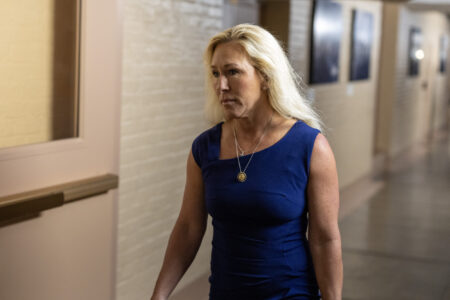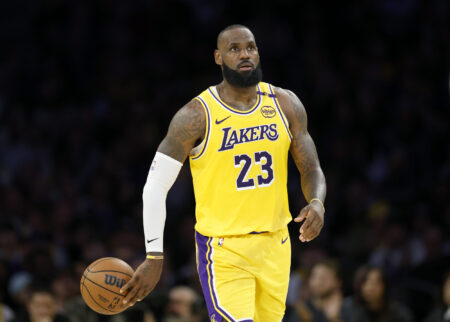While many Americans took a holiday break this weekend, President-elect Donald Trump’s legal team suddenly asked the U.S. Supreme Court to delay a recent U.S. law forcing TikTok’s sale.
In a nearly complete reversal, President-elect Trump’s team called TikTok a “unique medium for freedom of expression,” adding that he alone can find a deal to resolve TikTok’s struggles, citing many TikTok users who supported him.
While many focus on the argument that banning (or “de-platforming”) TikTok in the U.S. would stifle its community’s ability to speak freely, the reality is actually quite different.
The real challenge TikTok and its Chinese owner ByteDance face in the Supreme Court is not about stifling free speech. That’s a canard. The issue is still very much about national security.
It’s possible that TikTok may have tracked or targeted U.S. citizens, ticking off precisely the wrong individuals. (Perhaps even members of Congress.) Why else would Congress be so unified and aggressive to go to the trouble of creating a law that forces a sale of the app to U.S. owners?
Even though TikTok is a tremendously popular app—with as many as 170 million American users—the last time I checked, the United States Constitution doesn’t guarantee access to apps, even popular ones.
If that were the case, shouldn’t apps like Myspace, Vine, and AOL be brought back from the dead? In their own way, each of them also allowed unique forms of expression.
Remember that any app—including massively successful global juggernauts like TikTok—might eventually just decline on their own—not because of regulators or governments. It’s certainly possible that new social networks can arise, giving competition to titans like Meta and TikTok, and offering young audiences new, cooler features and communities to interact with. Sands do shift, young people do move on, eventually.
TikTok’s case is also complicated technically and operationally, in part due to its algorithm. Owner ByteDance will fight any scenario that forces a sale to a U.S. interest. Prohibiting a sale of TikTok’s proprietary artificial intelligence (AI) and algorithm will be a key leg of their resistance strategy.
Reports did emerge that a new algorithm has been created for the U.S. market—a “U.S. For You” page.
One could legitimately wonder how well a “U.S. algorithm” would recreate the global TikTok experience users are so accustomed to. Would any change to TikTok’s ownership be transparent to a TikTok user? Would TikTok label a post as coming from “TikTok U.S.?” What about TikTok’s actual employee organization? How well does it lend itself to a U.S. spinoff? Would TikTok’s Latin team, for example—based in Miami, Fla.—be included in a sale or not?
That’s a lot of questions that need answers, and not by lawyers or businesspeople, but by engineers, coders, and technology talent who would need to address any major change at TikTok. Any ownership transition would not be an easy thing to pull off.
For all these reasons, the Supreme Court case, scheduled for Jan. 10, should go ahead. National security is paramount, and should override concerns about Americans being able to find an app to express themselves. If the Court finds real concerns about national security, all Americans should hear these clearly, The justices may not even actually decide to override an Appeals court, which found the ban constitutional.
Since the Court pushed back on TikTok’s request to delay, I believe they should do the same with the current request by President-elect Trump, who is capable of finding a solution once in office. Any legal decision or business compromise would likely take months to play out operationally.
It is true that some might be harmed if TikTok was de-platformed, where the two major app stores cut off U.S. support, degrading the TikTok U.S. user experience. There are parties who rely on TikTok for revenue and business, even some who earn a living from it. These span individual influencers to enterprises, where advertising and sales are their goals. Small businesses, influencers, advertisers, even digital stores allied with TikTok’s marketplace strategy would all feel pain. TikTok, a global tech titan, would easily survive this.
TikTok may survive, but it’s a positive thing that the U.S. is exerting force. TikTok may turn out to be an American-owned, controlled enterprise that youth still value without any political intervention, and without the threat of TikTok being used for espionage or propaganda. That scenario may be in all our interests.
Seth A. Schachner is managing director of Strat Americas.
The views expressed in this article are the writer’s own.
Read the full article here

















